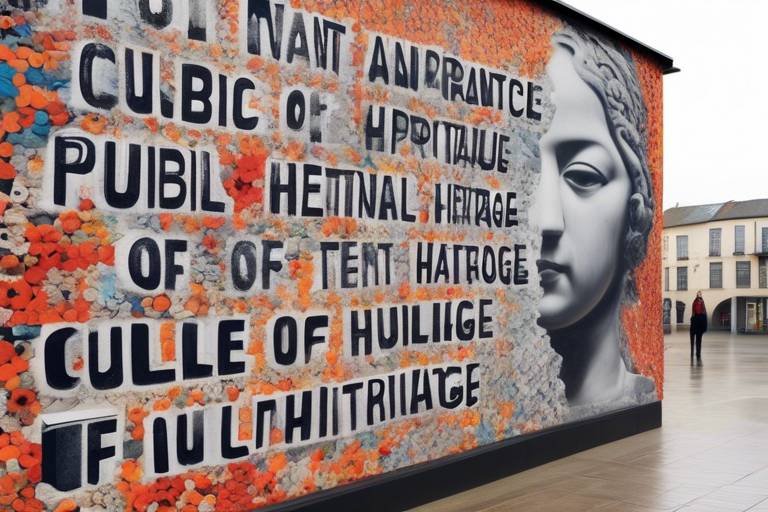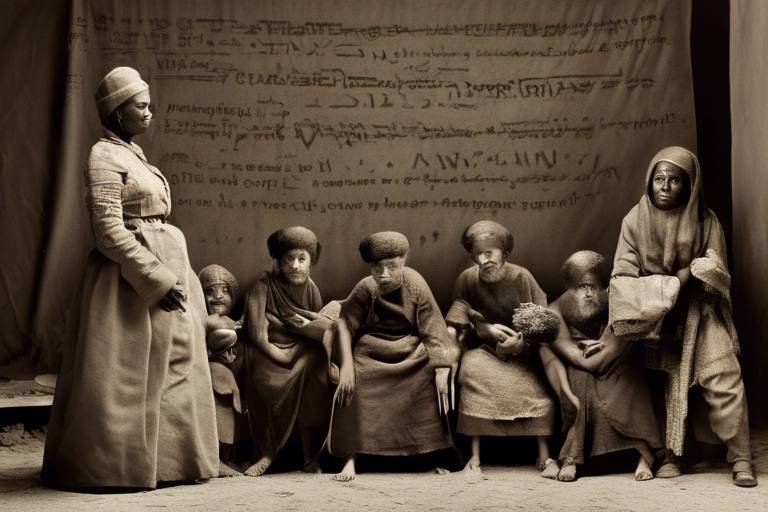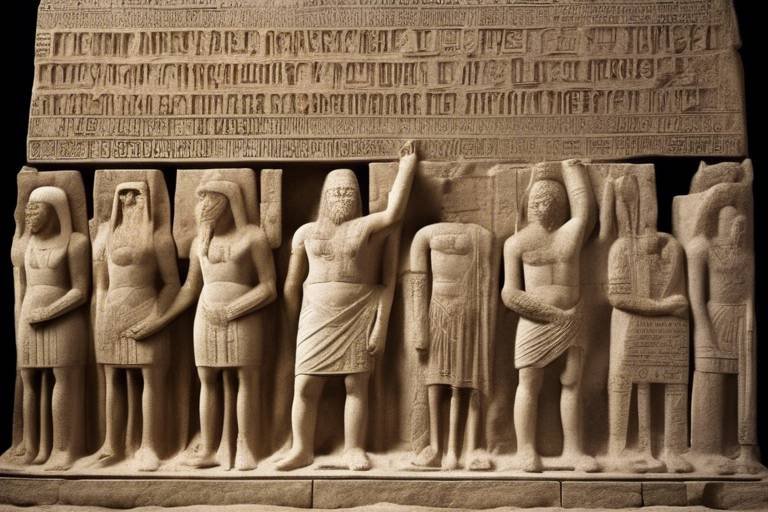The Preservation of Indigenous Knowledge Systems
Indigenous knowledge systems are a treasure trove of wisdom, insights, and practices that have been passed down through generations within indigenous communities. These traditional knowledge systems play a crucial role in maintaining cultural identity, promoting sustainable practices, and enriching global diversity. The preservation of indigenous knowledge is not just about safeguarding the past; it is about ensuring a vibrant and resilient future for indigenous peoples and the world at large.
One of the key challenges faced in preserving indigenous knowledge systems is the threat of cultural appropriation, where elements of indigenous culture are exploited or misrepresented without proper acknowledgment or respect. This erodes the integrity of traditional knowledge and undermines the cultural heritage of indigenous communities. Additionally, environmental degradation, language loss, and the lack of recognition by mainstream institutions pose significant obstacles to the preservation of indigenous knowledge.
Technology has emerged as a powerful tool in the effort to document, archive, and transmit indigenous knowledge in a culturally sensitive manner. Modern advancements in digital platforms, multimedia tools, and online repositories offer new possibilities for preserving traditional knowledge and making it accessible to a wider audience. By leveraging technology, indigenous communities can engage in intergenerational learning and ensure the continuity of their cultural heritage.
Community-led initiatives play a vital role in the preservation of indigenous knowledge systems. Projects such as oral history documentation, cultural revitalization programs, and partnerships with academic researchers and policymakers contribute to the ongoing efforts to safeguard traditional knowledge. These grassroots initiatives empower indigenous communities to take ownership of their heritage and actively participate in its preservation.
The impact of preserving indigenous knowledge systems extends beyond cultural heritage; it is closely linked to sustainable development goals. Indigenous practices offer valuable insights into biodiversity conservation, climate change adaptation, and the promotion of traditional healing methods. By integrating indigenous knowledge into sustainable development strategies, we can create more holistic and resilient solutions to pressing global challenges.
Engaging with indigenous knowledge raises important ethical considerations that must be carefully navigated. Respect for indigenous intellectual property rights, obtaining informed consent, and fostering collaborative partnerships based on mutual respect are essential principles in the preservation of traditional knowledge. Ethical engagement ensures that indigenous communities are respected as knowledge holders and decision-makers in matters concerning their heritage.
Education and advocacy play a crucial role in raising awareness about the value of indigenous knowledge systems. By incorporating indigenous perspectives into educational curricula, promoting cross-cultural understanding, and advocating for policies that support the preservation of traditional knowledge, we can foster a more inclusive and respectful society. Empowering indigenous voices through education and advocacy is key to ensuring the continued vitality of indigenous knowledge systems.
Global collaboration offers opportunities for knowledge exchange and mutual support in the preservation of indigenous knowledge systems. By fostering partnerships across borders, sharing best practices, and addressing common challenges faced by indigenous communities worldwide, we can strengthen cultural diversity and promote the sustainable preservation of traditional knowledge. International cooperation is essential in creating a more inclusive and equitable future for all.

Challenges Faced
Preserving indigenous knowledge systems is a complex task fraught with various challenges that must be acknowledged and addressed to ensure the continued survival of these invaluable traditions. One of the most pressing issues faced by indigenous communities is the threat of cultural appropriation, where aspects of their knowledge and practices are exploited without proper recognition or respect. This not only undermines the authenticity of indigenous cultures but also perpetuates stereotypes and misrepresentations.
Furthermore, environmental degradation poses a significant challenge to the preservation of indigenous knowledge systems. As natural habitats are destroyed and ecosystems disrupted, the traditional practices and wisdom rooted in the land are at risk of being lost forever. The intimate connection between indigenous knowledge and the environment highlights the urgent need for sustainable conservation efforts to protect both cultural heritage and biodiversity.
Language loss is another major obstacle faced by indigenous communities in safeguarding their knowledge systems. With each generation, fewer individuals are fluent in the native languages that carry the intricate nuances of traditional wisdom. As a result, vital information encoded in linguistic structures and oral narratives is at risk of fading into obscurity, weakening the transmission of indigenous knowledge to future generations.
Moreover, mainstream institutions often fail to recognize the value and significance of indigenous knowledge systems, relegating them to the margins of academic discourse and policy-making. The lack of institutional support and acknowledgment not only hinders the preservation efforts of indigenous communities but also perpetuates a cycle of marginalization and cultural erasure.
In the face of these challenges, it is crucial for stakeholders to engage in meaningful dialogue and collaborative action to address the systemic barriers that threaten the preservation of indigenous knowledge systems. By fostering mutual respect, understanding, and cooperation, we can work towards creating a more inclusive and equitable future where indigenous voices are heard and honored.

Role of Technology
Exploring the importance of safeguarding traditional knowledge passed down through generations within indigenous communities to maintain cultural identity, promote sustainable practices, and contribute to global diversity.
Technology plays a crucial role in the preservation of indigenous knowledge systems by providing innovative tools for documentation, archiving, and transmission. Through the use of digital platforms and multimedia resources, indigenous communities can now store and share their traditional knowledge in a culturally sensitive manner. This integration of technology not only facilitates intergenerational learning within indigenous groups but also enables wider dissemination of their valuable insights to a global audience.
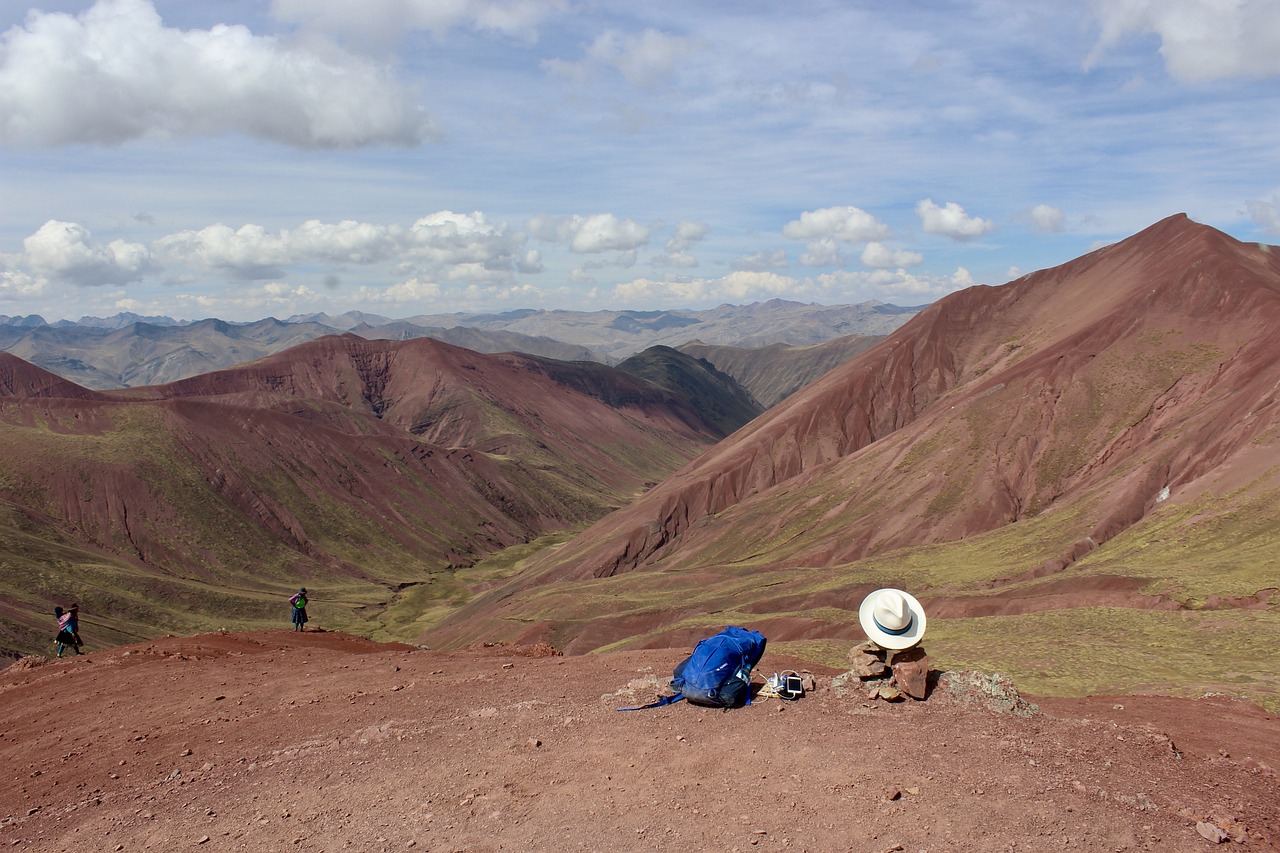
Community-Led Initiatives
Exploring the importance of safeguarding traditional knowledge passed down through generations within indigenous communities to maintain cultural identity, promote sustainable practices, and contribute to global diversity.
In the realm of preserving indigenous knowledge systems, community-led initiatives stand out as pillars of strength and resilience. These grassroots efforts, driven by the very people whose heritage is at stake, play a vital role in ensuring the continuity and vitality of traditional knowledge. Through oral history projects, indigenous communities breathe life into ancient stories and practices, keeping their cultural heritage alive for future generations to cherish and learn from.
Moreover, cultural revitalization programs spearheaded by indigenous leaders and elders serve as beacons of hope in the face of cultural erosion. By organizing festivals, workshops, and educational programs, these initiatives not only celebrate indigenous traditions but also educate the broader society about the richness and significance of their heritage. Collaborating with academic researchers and policymakers, indigenous communities forge partnerships that honor their knowledge systems and advocate for their recognition on a global scale.
These community-led initiatives are not just about preserving the past; they are about shaping the future. By engaging in intergenerational learning, indigenous communities ensure that their knowledge is passed down from one generation to the next, fostering a sense of continuity and belonging. Through wider dissemination of their knowledge, these initiatives bridge the gap between tradition and modernity, inviting the world to appreciate the wisdom and ingenuity embedded in indigenous cultures.

Impact on Sustainable Development
Exploring the importance of safeguarding traditional knowledge passed down through generations within indigenous communities to maintain cultural identity, promote sustainable practices, and contribute to global diversity.
Identifying and addressing the obstacles that hinder the preservation of indigenous knowledge systems, including cultural appropriation, environmental degradation, language loss, and lack of recognition by mainstream institutions.
Examining how modern technological advancements can be leveraged to document, archive, and transmit indigenous knowledge in a culturally sensitive manner, fostering intergenerational learning and wider dissemination.
Highlighting the significance of community-driven efforts in preserving indigenous knowledge, such as oral history projects, cultural revitalization programs, and collaboration with academic researchers and policymakers.
The preservation of indigenous knowledge systems has a profound impact on sustainable development goals. By integrating traditional practices and wisdom, indigenous communities contribute to biodiversity conservation, climate change adaptation, and the promotion of traditional healing practices. These knowledge systems offer holistic approaches that are deeply rooted in the local environment, leading to sustainable solutions that benefit both the community and the ecosystem.
Discussing the ethical implications of engaging with indigenous knowledge, including issues of consent, intellectual property rights, and the need for respectful collaboration that empowers indigenous communities.
Emphasizing the role of education and advocacy in raising awareness about the value of indigenous knowledge systems, promoting cross-cultural understanding, and advocating for policies that support their preservation.
Exploring opportunities for international cooperation and knowledge exchange to support the preservation of indigenous knowledge systems, foster cultural diversity, and address common challenges faced by indigenous communities worldwide.
Stay tuned for the frequently asked questions section to find answers to common queries about the preservation of indigenous knowledge systems.

Ethical Considerations
When delving into the preservation of indigenous knowledge systems, it is crucial to navigate through a myriad of ethical considerations that underpin this endeavor. One of the primary ethical concerns revolves around the issue of consent. Indigenous knowledge is often deeply rooted in cultural traditions and beliefs, passed down through generations with a sense of sacredness. Therefore, any engagement with this knowledge must be approached with utmost respect and with the explicit consent of the indigenous communities involved.
Furthermore, the question of intellectual property rights looms large in discussions surrounding indigenous knowledge. Traditional knowledge is not merely information but embodies a way of life, spiritual beliefs, and practices that are integral to the identity of indigenous peoples. Respecting and recognizing the intellectual property rights of indigenous communities over their knowledge is essential to prevent exploitation and ensure that they benefit from any commercial use or dissemination of their knowledge.
Another critical ethical consideration is the necessity for respectful collaboration that empowers indigenous communities rather than marginalizing or exploiting them. It is imperative to engage in partnerships with indigenous peoples on equal footing, valuing their expertise, perspectives, and agency in decision-making processes related to the preservation and sharing of their knowledge.
Moreover, the ethical dimension extends to the broader societal context, where the dominant narrative often overlooks or diminishes the value of indigenous knowledge systems. Advocating for the recognition and respect of indigenous knowledge within mainstream institutions and educational frameworks is essential to combatting cultural erasure and fostering a more inclusive and diverse understanding of the world.
In conclusion, navigating the ethical considerations surrounding the preservation of indigenous knowledge systems requires a nuanced approach that prioritizes consent, intellectual property rights, respectful collaboration, and the promotion of cultural diversity and inclusion. By upholding these ethical principles, we can work towards safeguarding the rich tapestry of indigenous knowledge for future generations and promoting mutual understanding and respect across different cultural landscapes.
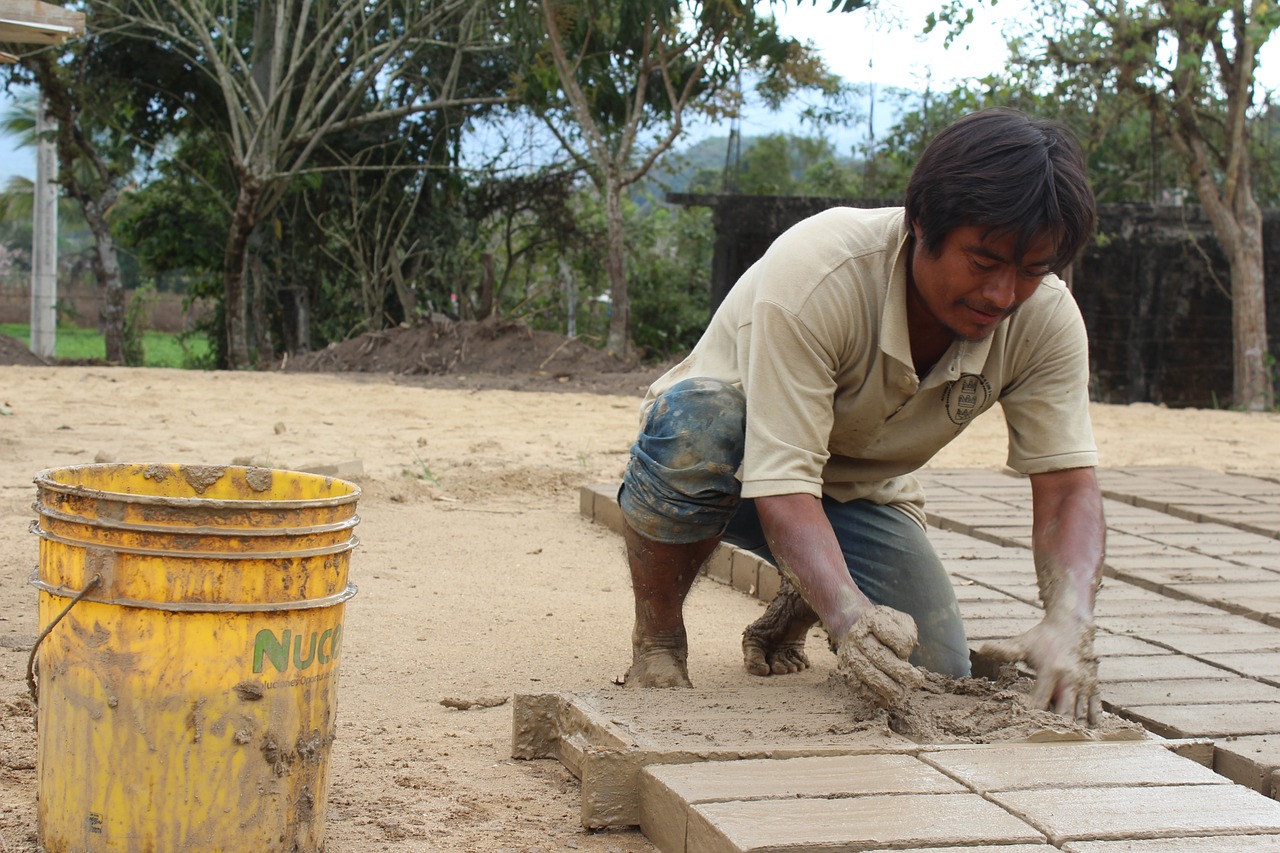
Education and Advocacy
Exploring the importance of safeguarding traditional knowledge passed down through generations within indigenous communities to maintain cultural identity, promote sustainable practices, and contribute to global diversity.
Education and advocacy play a crucial role in raising awareness about the value of indigenous knowledge systems. By educating individuals about the significance of traditional practices and advocating for their preservation, we can bridge cultural gaps and promote cross-cultural understanding.
Through educational initiatives, such as workshops, seminars, and school programs, we can ensure that future generations appreciate and respect indigenous knowledge. Advocacy efforts involve lobbying for policies that support the documentation and protection of traditional knowledge, as well as fostering respectful collaboration with indigenous communities.
Furthermore, engaging in advocacy work allows us to address misconceptions and stereotypes surrounding indigenous cultures, fostering a more inclusive and diverse society. By advocating for the rights of indigenous peoples to control and benefit from their knowledge, we can contribute to a more equitable world where all voices are heard and valued.
It is essential to recognize that education and advocacy are ongoing processes that require active participation and commitment from individuals, organizations, and governments. By working together to promote the preservation of indigenous knowledge systems, we can create a more harmonious and sustainable future for all.
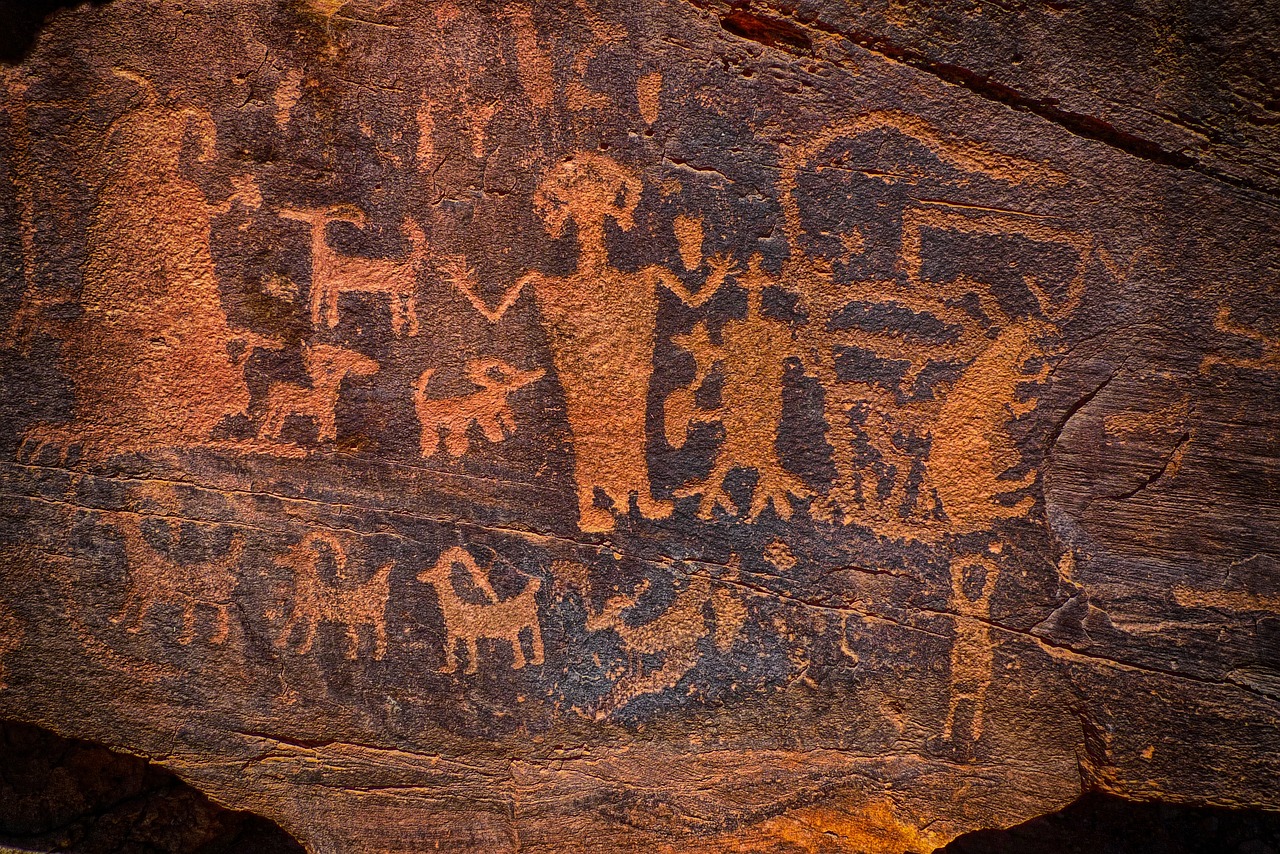
Global Collaboration
Global collaboration plays a crucial role in supporting the preservation of indigenous knowledge systems and fostering cultural diversity worldwide. By engaging in international partnerships and knowledge exchange initiatives, indigenous communities can benefit from shared resources, expertise, and experiences. This collaboration not only enhances the visibility of indigenous knowledge on a global scale but also facilitates the exchange of best practices and innovative approaches to safeguarding traditional wisdom.
Through global collaboration, indigenous communities can access funding opportunities, technical support, and capacity-building programs that empower them to preserve and transmit their knowledge effectively. International partnerships also enable indigenous groups to amplify their voices on issues such as land rights, cultural heritage protection, and sustainable development, advocating for policies that respect and uphold their rights.
Moreover, cross-border collaborations create opportunities for cultural exchange and mutual learning, promoting mutual respect and understanding among diverse communities. By sharing their knowledge and practices with the world, indigenous groups contribute to enriching the global tapestry of wisdom and promoting a more inclusive and interconnected society.
Frequently Asked Questions
- What is indigenous knowledge?
Indigenous knowledge refers to the collective knowledge, wisdom, and practices that have been passed down through generations within indigenous communities. It encompasses a wide range of traditional skills, beliefs, rituals, and teachings that are deeply rooted in the cultural heritage of these communities.
- Why is it important to preserve indigenous knowledge systems?
Preserving indigenous knowledge systems is crucial for maintaining cultural identity, promoting sustainable practices, and contributing to global diversity. These systems hold valuable insights into unique ways of interacting with the environment, traditional healing methods, and community governance that can benefit society as a whole.
- How can technology help in preserving indigenous knowledge?
Modern technological advancements can play a key role in documenting, archiving, and transmitting indigenous knowledge in a culturally sensitive manner. Technologies such as digital archives, mobile apps, and online platforms can help ensure the preservation and sharing of this valuable knowledge across generations.
- What are some ethical considerations when engaging with indigenous knowledge?
Engaging with indigenous knowledge requires careful consideration of issues such as consent, intellectual property rights, and respectful collaboration. It is essential to involve indigenous communities in decision-making processes, uphold their rights to control and benefit from their knowledge, and foster partnerships based on mutual respect and empowerment.
- How can individuals contribute to the preservation of indigenous knowledge systems?
Individuals can support the preservation of indigenous knowledge systems by learning about and respecting indigenous cultures, advocating for policies that protect indigenous rights, and participating in initiatives that promote cross-cultural understanding and collaboration. By valuing and celebrating indigenous knowledge, we can help ensure its continuity and vitality.















